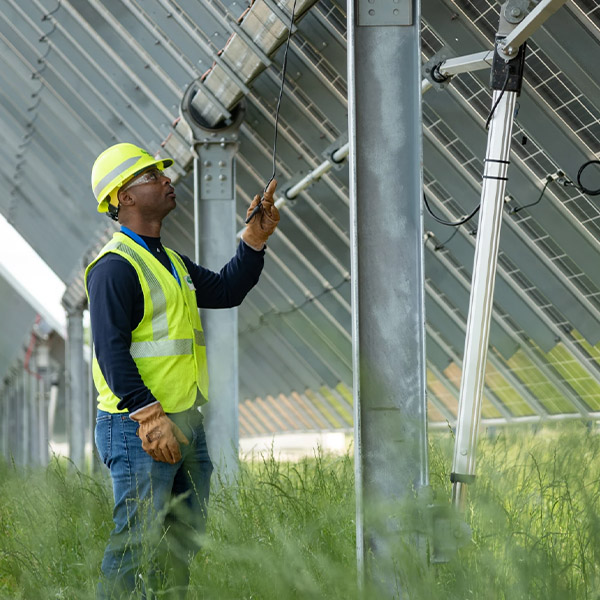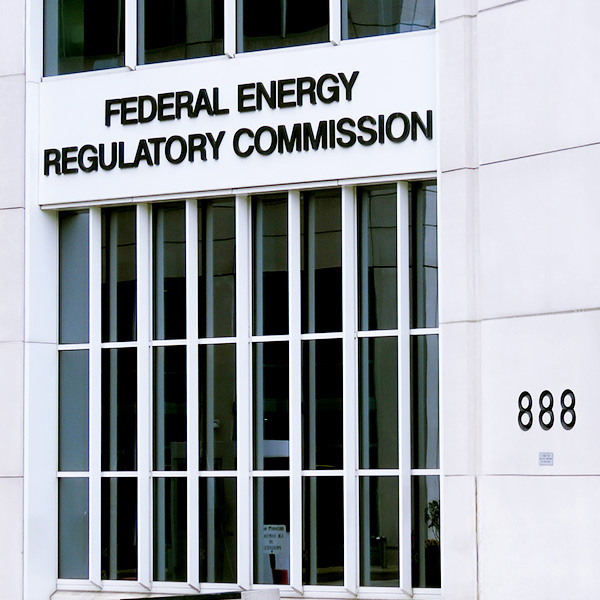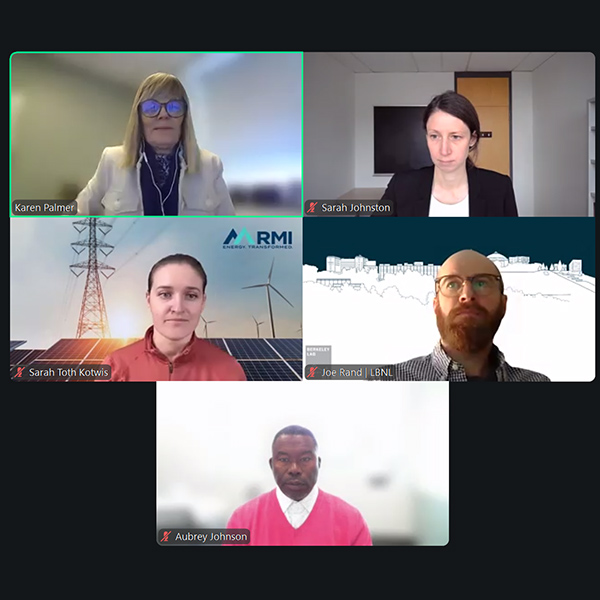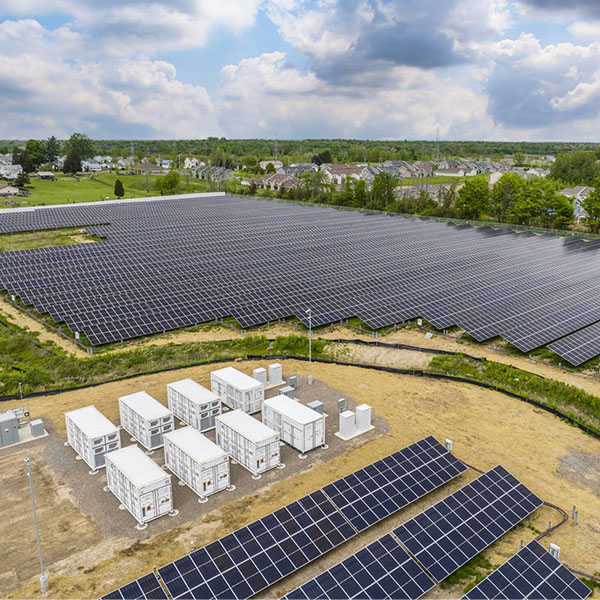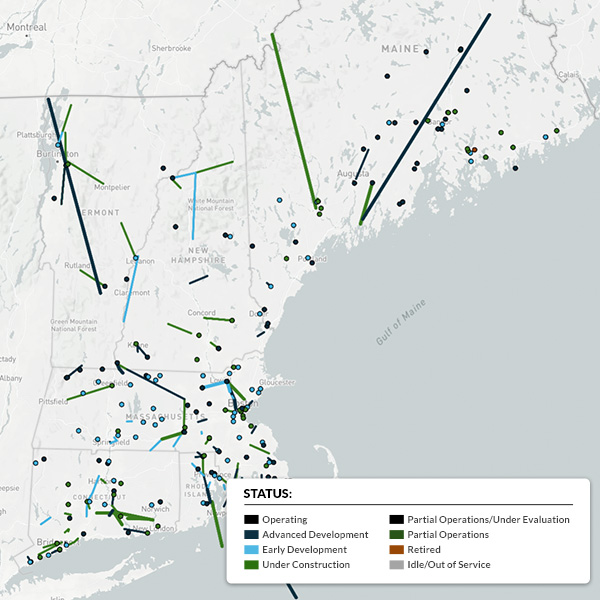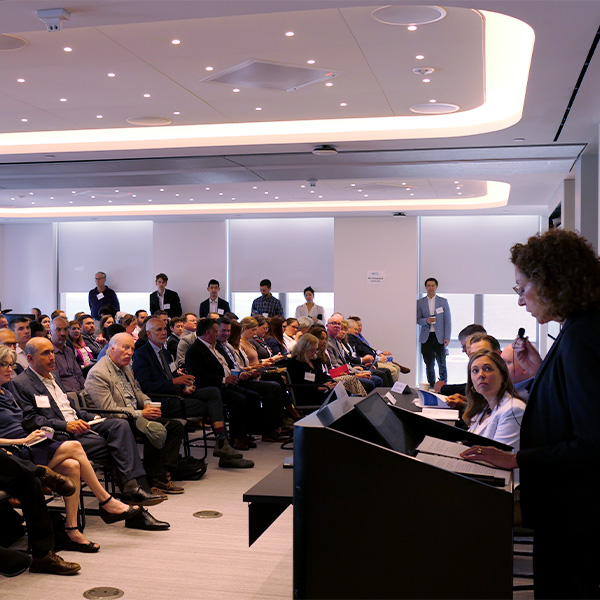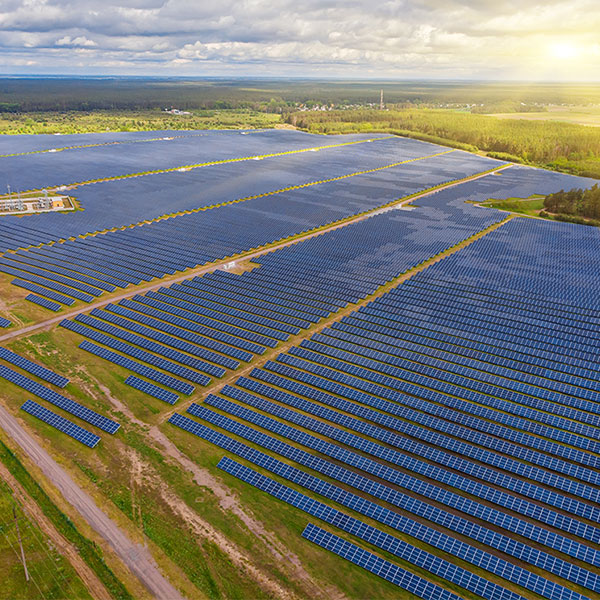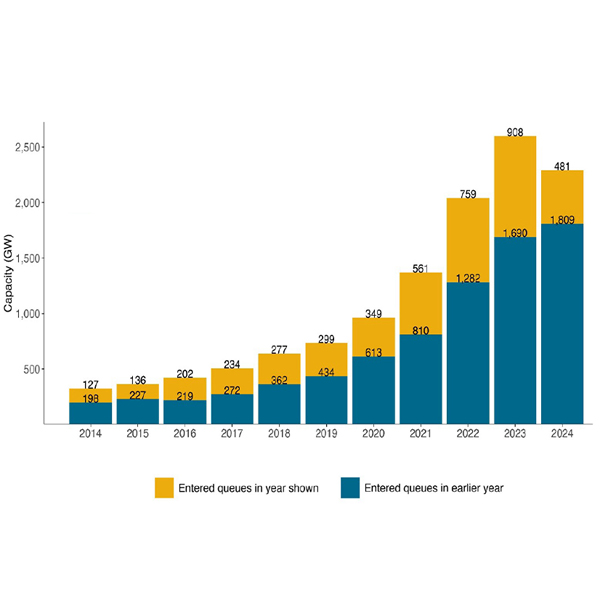FERC Order 2023
MISO said it will not postpone the kickoff of a study on its 2025 cycle of interconnection requests, rebuffing stakeholders’ requests for a slowdown to clear some of the queue’s four-year backlog.
A new report examines CAISO, MISO, PJM and SPP efforts to accelerate interconnection and concludes that while some may succeed in speeding generation additions, some sacrifice fairness, transparency and open-access principles.
FERC largely approved compliance filings by three California investor-owned utilities related to interconnection queue requirements.
ISO-NE is proposing tariff changes intended to update how the RTO assigns capacity rights to resources not subject to its interconnection processes.
Holistic reform to interconnection barriers is essential to meeting rapidly growing power demand across the country, experts said at a recent webinar.
ISO-NE’s first interconnection cluster study held under new Order 2023 rules is made up mostly of large battery resources and contains only five wind and solar projects.
In New England, rules governing how new resources connect to the regional grid limit full use of the system’s potential. Precious “surplus” capacity can and should be leveraged to interconnect new, low-cost clean energy technologies to deliver more reliable, affordable power, says Alex Lawton.
Energy experts and officials stressed the importance of proactive transmission planning, interconnection reform and increased demand-side flexibility at Raab Associates’ New England Electricity Restructuring Roundtable.
FERC approved a follow-up filing for ISO-NE’s compliance with Orders 2023 and 2023-A, authorizing variations from the final rule related to interconnection point modifications, cost allocation, and commercial readiness deposits.
Two new data sets show the industry has started to cut back on record high interconnection queue levels from last year as reforms have started to take hold.
Want more? Advanced Search
